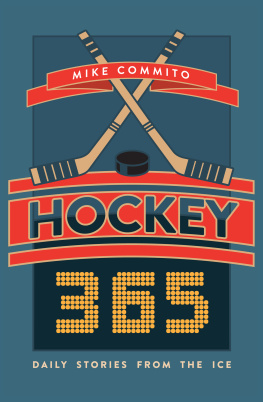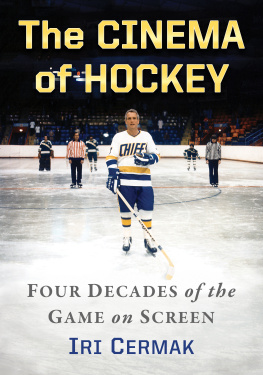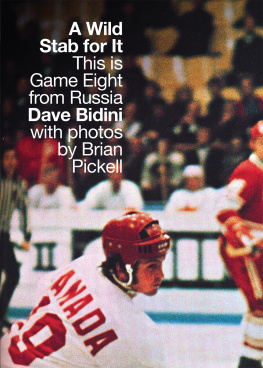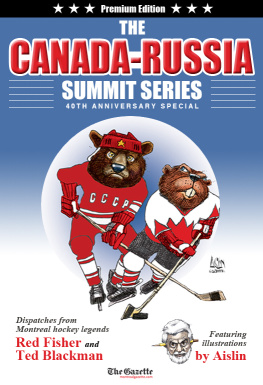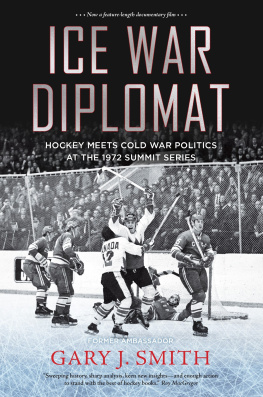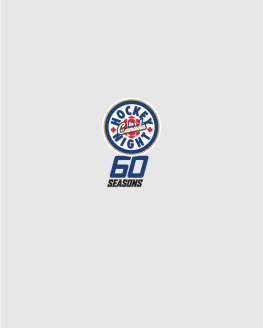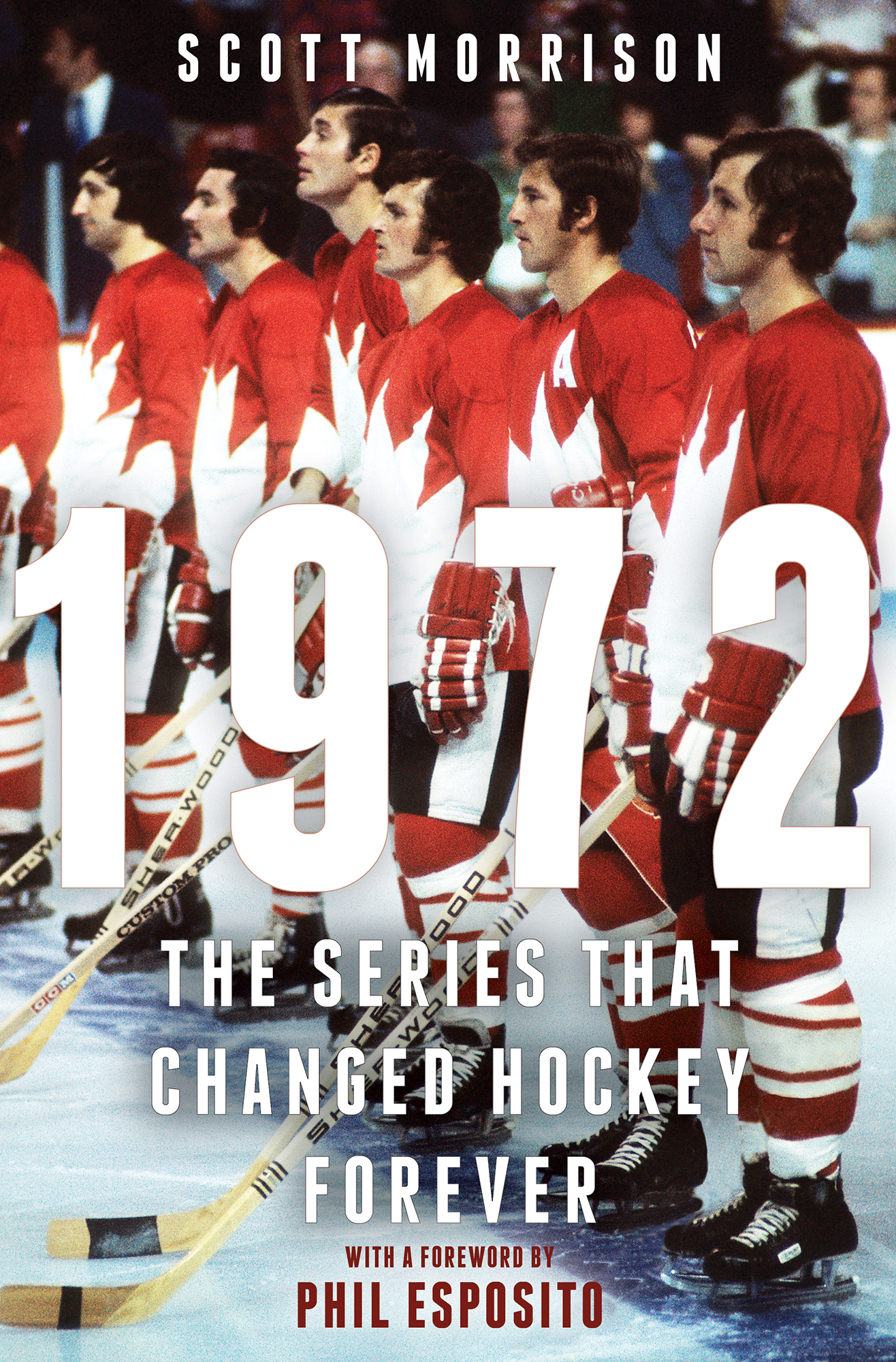Scott Morrison - 1972: The Series That Changed Hockey Forever
Here you can read online Scott Morrison - 1972: The Series That Changed Hockey Forever full text of the book (entire story) in english for free. Download pdf and epub, get meaning, cover and reviews about this ebook. City: New York, year: 2022, publisher: Simon & Schuster, genre: Science. Description of the work, (preface) as well as reviews are available. Best literature library LitArk.com created for fans of good reading and offers a wide selection of genres:
Romance novel
Science fiction
Adventure
Detective
Science
History
Home and family
Prose
Art
Politics
Computer
Non-fiction
Religion
Business
Children
Humor
Choose a favorite category and find really read worthwhile books. Enjoy immersion in the world of imagination, feel the emotions of the characters or learn something new for yourself, make an fascinating discovery.

- Book:1972: The Series That Changed Hockey Forever
- Author:
- Publisher:Simon & Schuster
- Genre:
- Year:2022
- City:New York
- Rating:5 / 5
- Favourites:Add to favourites
- Your mark:
1972: The Series That Changed Hockey Forever: summary, description and annotation
We offer to read an annotation, description, summary or preface (depends on what the author of the book "1972: The Series That Changed Hockey Forever" wrote himself). If you haven't found the necessary information about the book — write in the comments, we will try to find it.
The legacy of the greatest hockey series ever played, fifty years later, with stories from the players that shed new light on those incredible games and times.
Cournoyer has it on that wing. Heres a shot. Henderson made a wild stab for it and fell. Heres another shot. Right in front...they score! Henderson has scored for Canada!
These immortal words, spoken to hockey fans around the world by the legendary broadcaster Foster Hewitt, capture the historic final-seconds goal scored by Paul Henderson that won the 1972 Summit Series against the Soviet Union. Hockey fans know the moment well, but the story of those amazing eight games has never been fully tolduntil now.
The series was the first of its kind, and one of the most dramatic sporting showdowns in history. With the Soviets dominating international hockey, this series was meant to settle the debate, once and for all, of who owned the game. It was Canadas best against the Soviets for the first time. And in the shadow of the Cold War, this was about more than eight games of hockey.
Expectations were high as the series began. This was supposed to be easy for Team Canada, but after the disappointing first four games on home ice with only one win, victory seemed out of reach. With the final four games in Moscow, Canada got a rare glimpse behind the iron curtain as the team, as well as three thousand raucous fans, arrived in the USSR. Amid the culture shock and strained relations, what followed was a tug-of-war battle that lasted to the dying seconds of game 8.
Now, five decades after this historic event, its time to reflect on the greatest hockey series ever played. Veteran journalist and hockey analyst Scott Morrison uses a storytellers voice to reveal what it meant to hockey then, and what it means now. Filled with the memories of the players and others involved with the series, he shows how it changed the game, and challenged a nations sense of identity and place in the world.
Scott Morrison: author's other books
Who wrote 1972: The Series That Changed Hockey Forever? Find out the surname, the name of the author of the book and a list of all author's works by series.


